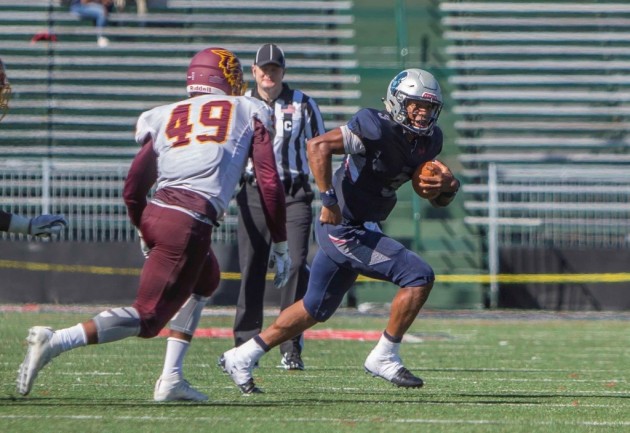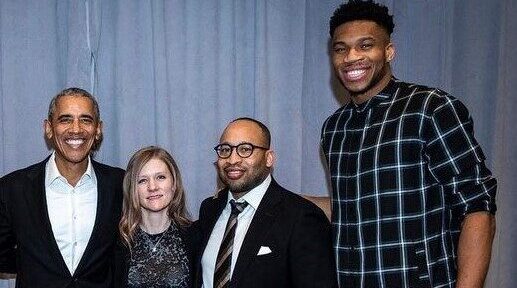Smoke-filled skies, a blanket of ash and broken glass remind many Americans of the day that hate brought them to their knees. Washington-area residents reflect on how they were affected by the terrorist attacks on the Pentagon in Northern Virginia, the Twin Towers at the World Trade Center in lower Manhattan and the downed plane in rural Pennsylvania on Sept. 11, 2001.
Tanya Marbury was working at the Pentagon on 9/11. “My desk is on the opposite side in which the plane actually hit,” Marbury said. “I just heard a loud noise. I had no idea what had happened. Sounded like a wall collapsed or something. Just a loud bang followed by a ton of smoke. I was terrified.”
Marbury tried to remain calm in an atmosphere of “total panic.” A woman who sat across from her had an anxiety attack as co-workers scurried to catch Metro trains to reach their cars.
“My first concern was my children,” Marbury recalled. “They were scared that something had happened to me.” She allowed four co-workers to ride with her across the Woodrow Wilson Bridge on Interstate 495 into Maryland since the Metro had been shut down and bridges soon followed.
“I was in disbelief, but overall grateful,” said Marbury, who worked from home for nearly a month. “There were so many families that were affected tragically from the attack, and I was just very happy that my family and I were safe. I began to pay much closer attention to the news following the attacks.”
Tina Johnson was walking to her desk at the Small Business Administration in Washington when the first plane hit. “I kept thinking the White House is next,” recalled Johnson, who fled across town to pick up her daughters, 2 and 12 years old, and head home to Maryland.
“I was absorbed in the media with the fear that we would get another terrorist attack for a while,” she said. ” I was actually paranoid for a couple of months. I remember my oldest daughter having to write several papers about her feeling on the attacks. I almost felt like we as a nation had failed under the guidance of George Bush.”
James Pope, state and local government professor at Howard University, expected a beautiful day with good weather as he headed north from Richmond, Va., on 9/11. At the same time, he felt weird and experienced an “eerie silence.” Pope arrived at work around the time the second plane hit, he recalled, and initially thought the people crying on television were part of a movie. He was saddened to learn that people had died.
Passers-by near the Petworth Metro station on Georgia Avenue said that they are still paying a heavy price for the increases in gas and food after 9/11, along with the ripple effect throughout the economy since then. A barber at Fade to Black talked about how the prices went up for haircuts and how there was barely enough money to replace blades and other tools. The barbershop gradually regained its clientele, he said, but the latest downturn in the economy isn’t helping. “Money gettin’ slow,” he said. “Now everything going bad.”
Another barber on Georgia Avenue said that he started to lose money once the economy took a negative turn. Because he had no savings, his money evaporated quickly. On top of that, his mother became sick and her illness ended up costing even more money. With his added expenses and decreased income, he lost his car and house. Eventually, he was laid off from his job altogether.
One man said the attacks had affected not only his finances, but also his children’s future. Prices of everything kept going up, he said, while his pay remained the same. He will have to take out a loan to send his children to college and expects that it will be even harder for him to repay it since interest rates might be higher.
A 56-year-old homeless on Georgia Avenue named Gary cites oil as at the root of the problem. He said President Barack Obama is doing a good job, is helping to minimize global tension that can lead to terrorist attacks and will eventually bring U.S. troops home.
“Obama is straightening out a whole lot of stuff,” he said. “Then he will tell them to come home.”





